The question of whether pasta is vegan is an interesting one. Pasta, as I’m sure you are aware, can be made from a wide variety of ingredients. The vast majority of them are vegan, although there are a few that are not. In this article, we talk you through everything you need to know to make sure that the pasta you are enjoying is 100% vegan suitable. But first, let’s take a quick look at the fascinating history of the beloved Italian food staple.
What is pasta?
Pasta is made from unleavened dough (typically from durum wheat), which is mixed with water (or sometimes eggs) and made into an incredibly wide variety of shapes, before being cooked by boiling (or sometimes baking). Pasta is, of course, most associated with Italy, although some have claimed it was imported there from the Arabic world or even China (being brought back, according to legend, by Marco Polo himself).
What is certain is that pasta has been a mainstay of Italian cuisine since medieval times. By the time of the Renaissance, pasta became a staple food for sailors on voyages of discovery around the world, starting a process of popularizing pasta internationally that continues to this day. Although, interestingly, it was only through those voyages that the tomato (native to South and Central America) was introduced to Italy. The marriage of pasta and tomato sauces did not take place until the late 18th century (before then, people ate pasta dry with their fingers).
There are, at least, 310 different pasta shapes, which are known by over 1,000 names in Italy. But, despite this enormous variety, pasta can basically be divided into two categories: pasta secca (dried pasta) and pasta fresca (fresh pasta). One of which is much more likely to be suitable for vegans, as we will see below.
So, is pasta suitable for vegans?
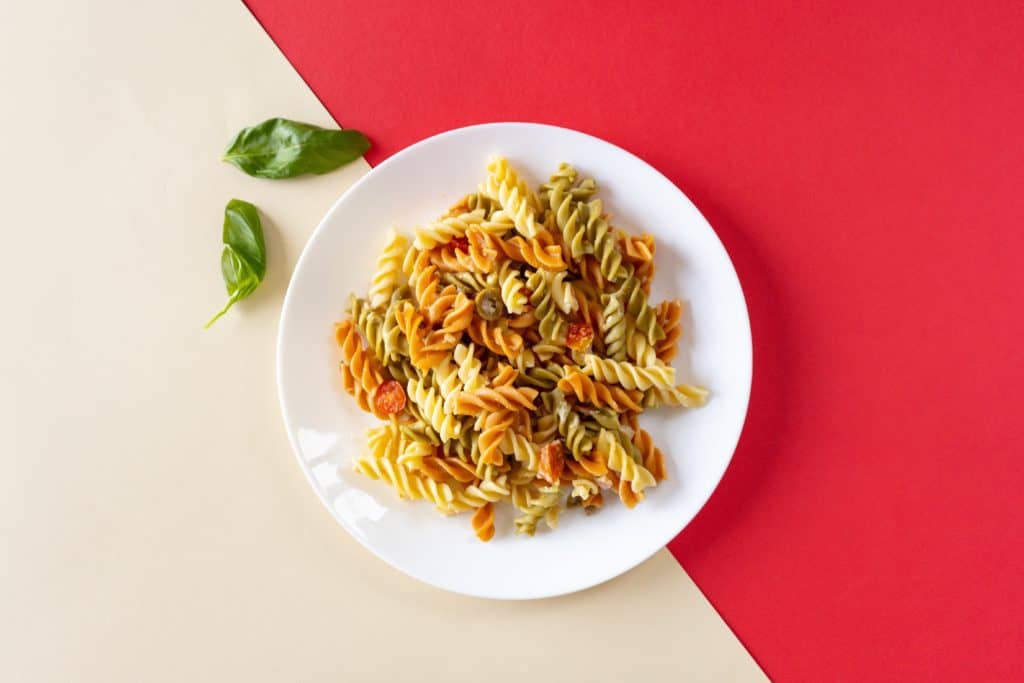
Almost all the dried pasta that you buy in packets is vegan. It doesn’t matter what type it is (whether spaghetti, penne, macaroni, vermicelli… whatever). Almost all such pasta is made from durum wheat or semolina and is therefore fine for vegans. Also, you don’t have to even seek out specialist vegan companies, even big names, like Barilla, for example, make lots of mass-market pasta that is suitable for vegans.
In recent times, people have got more creative about the sort of things they make pasta from, hence you can find things like lentil, bean, rice, and sweet potato pasta. Again, in the vast majority of cases, these alternative types of pasta are vegan (and can, incidentally, be great ways to get extra nutrition into fussy vegan children).
One of the great things about pasta, compared to some of the other foodstuffs we assess on this blog, is that it generally has very simple ingredients. Check out the back of a pack of pasta and you’ll normally spot that it only has one, or maybe two, ingredients in total. That makes it very clear whether it is vegan or not because there aren’t all sorts of weird things in there that are really crushed-up bugs being hidden behind chemical names or numbers.
Plus, you don’t get in a typical bag of dry pasta the sort of other ingredients, like sugar and palm oil, that raise big questions for vegans about processing with animal products or rainforest habitat destruction.
What things do vegans have to look out for when buying pasta?
The thing to watch out for is fresh pasta that is sometimes made from eggs. Fortunately, it’s nice and easy to check the ingredients list of the bag or box to establish whether any egg is in there. In a non-vegan restaurant, you may need to ask whether the pasta that you’re about to order is free from egg and suitable for vegans.
Interestingly, cuisine in the, traditionally poorer, south of Italy makes much less use of egg in pasta compared to the, traditionally richer, north. The south also uses less meat and more vegetables, making southern Italian cooking particularly suitable for vegans.
Something else vegans have to look out for when buying pasta is cheese. Sure, we normally associate cheese with being chucked on top of the pasta after it’s been cooked. However, some sneaky companies put it into the dough from which their pasta is made. It’s not super-common, but it is something to be aware of when checking that your favorite pasta is vegan.
Similarly, other dairy products (milk and butter) are sometimes used in some pasta doughs, a quick glance at the packaging is all it takes to make sure they aren’t in there.
As usual, when checking if a particular product is vegan, there always seems to be an odd animal ingredient that very occasionally sneaks into the recipe. In the case of pasta that ingredient is squid ink, which, in some very, very rare instances, is used to color the dough black. So, if you are buying a black-colored pasta, you might need to check that out too.
Of course, it goes without saying that some pasta (e.g., ravioli and tortellini) is sold filled with other ingredients, typically meat or cheese. So obviously, in those cases, you need to be mindful as well about what is inside the pasta.
Finally, let’s consider the question, is gnocchi vegan? Gnocchi looks like a type of pasta, but many would argue that it is not because it goes light on the flour but heavy on the potato instead. In its most basic form (potato, wheat flour, water), gnocchi is, indeed, vegan. However, many gnocchi recipes include eggs or dairy products, so they are things that you particularly need to check up on when looking for vegan gnocchi options.
In summary
So, what does it all mean? You will have no problem whatsoever finding vegan pasta, but you do need to just double-check to make sure that you are not buying pasta with egg, dairy products, or, erm, squid ink in it. That’s easily done in a shop, in a restaurant you’ll need to ask.


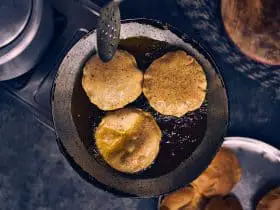
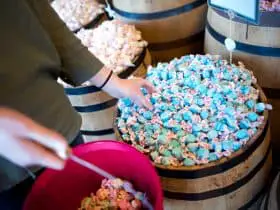
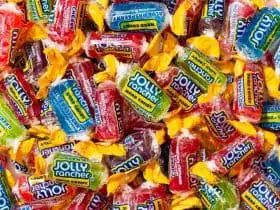
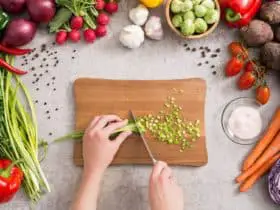
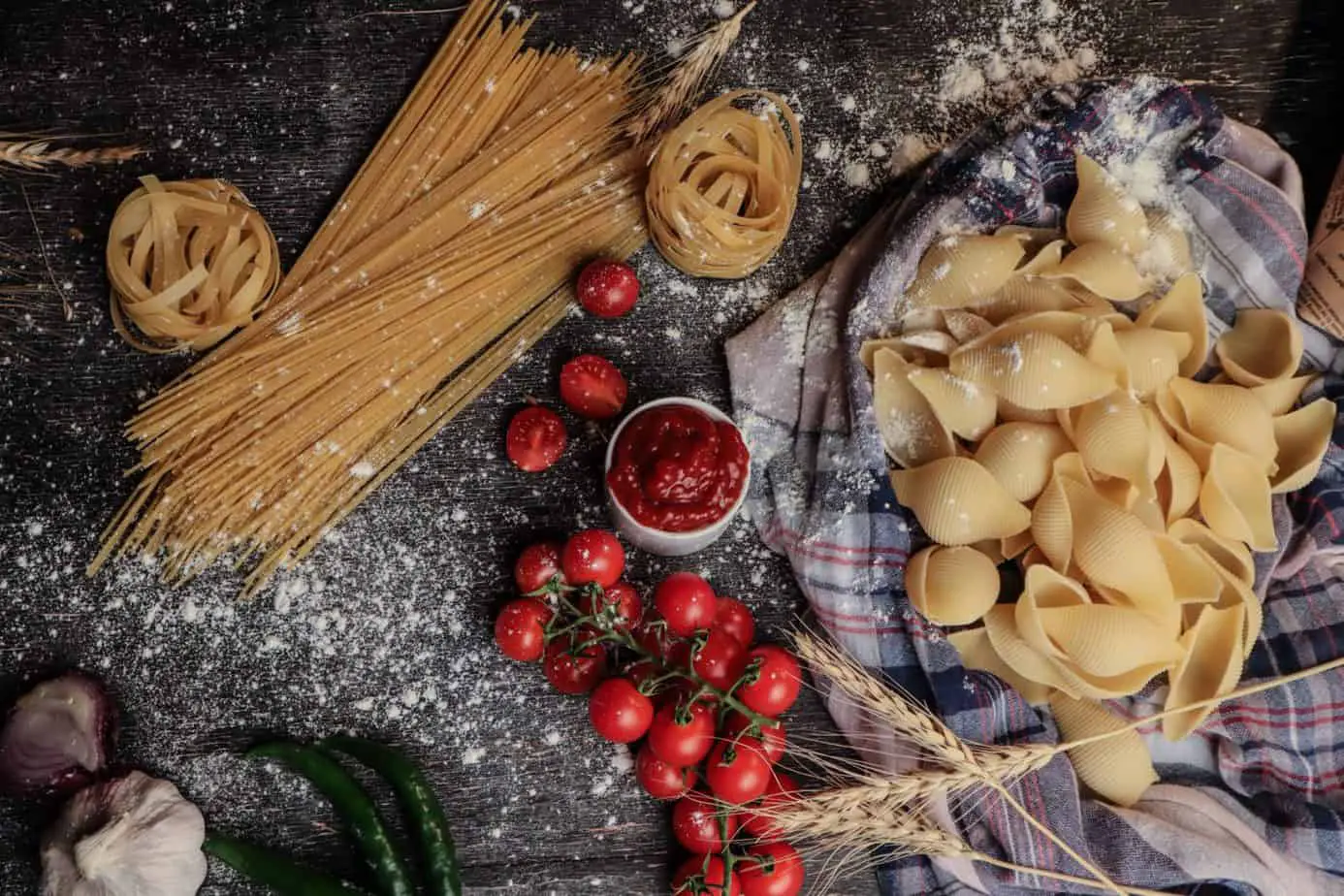
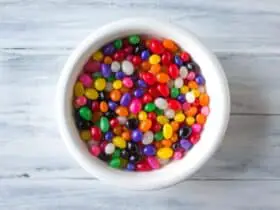
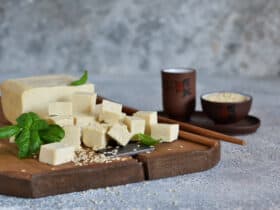
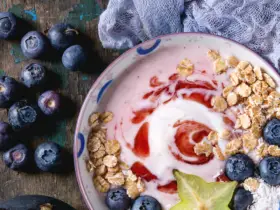
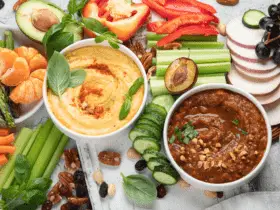
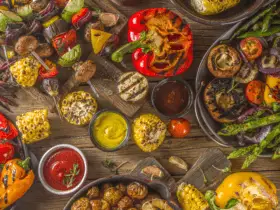
Leave a Reply